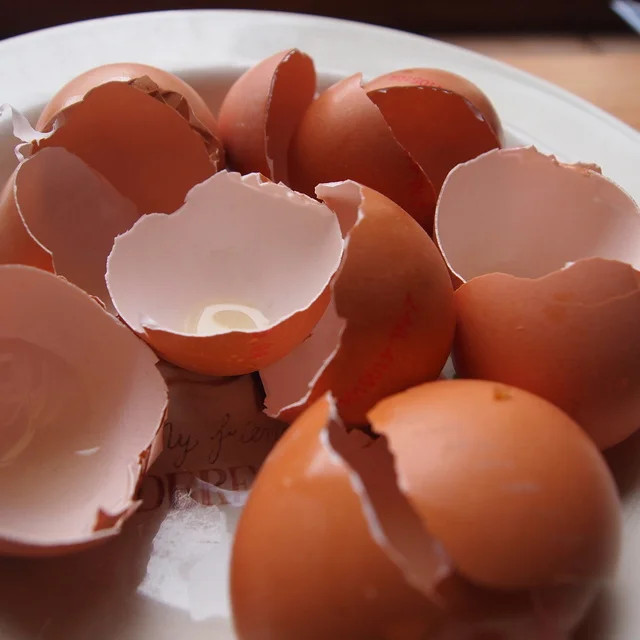WELLINGTON-based agribusiness Quantum Foods – which holds poultry, egg and animal feeds interests – has pulled through a very lean six month trading period with its finances still intact.
The company generated all important cash inflows of R74 million in the interim period ending March – notwithstanding an increased R73 million investment in working capital.
Quantum finished the interim period with a reassuring R174 million net cash position – which probably explains the willingness to pay an interim dividend when most companies are holding back distributions to shareholders while uncertainty around the Covid-19 crisis lingers.
The next six months could prove even tougher, and Quantum’s plump balance sheet could come in very handy if the Covid-19 pandemic continues to disrupt the local economy.
In the interim period Quantum managed to lift revenue a solid 16% to R2.44 billion – but operating profit retreated 24% to R91 million.
CEO Hennie Lourens said individual businesses performed largely in line with expectation.
The big setback, however, was that egg prices declined more sharply than expected during the first three months of the 2020 calendar year. This, Lourens explained, caused the egg business to record a loss for the interim period.
What’s more, Quantum’s key poultry segment saw the cost of key feed raw materials largely impacted by the Rand weakening against the Dollar.
Lourens said this resulted in a 5.4% increase in the price of yellow maize with the bran and hominy chop prices increasing 17.2% and 9.7% respectively.
“The net effect of these increases was that the cost of layer and broiler feed increased by 4.3% compared to 2019.”
The star performer for Quantum in the interim period was the animal feeds business – which drove volumes up 18% and managed to increase margins by 2.2%.
Lourens said that despite the constraints of load shedding, all the feed mills ran at close to capacity during the period.
On the farming side, Lourens said the layer breeding operational performance continued to exceed the breed standard.
He noted that production volumes of day-old pullets and point-of-lay hens increased by 6.8% and 11.6% respectively. “This resulted in the company incurring above-inflation cost increases in the layer breeder business.”
Lourens added that external sales of chicks declined, and more chicks and pullets were placed on company-owned farms. “This contributed to an increase in eggs available for sale.”
But he noted that the commercial layer farms’ efficiency continued to improve and reached the highest level since 2014.
Lourens said the financial performance of the broiler business was satisfactory with volumes of day-old chicks increasing 4.1% and overhead costs were well contained.
“Although the breeder section of this business is still under pressure, we saw an improvement in the performance of the recent grandparent genetics received.”
Overall, he reckoned, the commercial broiler performance remained at a very high level.
Unfortunately, prospects for the egg segment still look badly scrambled.
Lourens said the egg industry was under severe pressure due to the oversupply of eggs.
Egg prices declined 7.4% in the interim period.
He disclosed that the Nulaid business recorded losses for the six month period despite volumes increasing by 16.3%. “The decline in egg prices, together with the increase in feed costs, resulted in a further contraction of margins.”
Lourens said operational effectiveness remained at high levels despite the higher volume of eggs managed by the business – and although there were nominal costs increases, the cost per dozen eggs decreased.
Looking ahead, Lourens conceded that the change in the economic landscape due to the unknown impact of Covid-19 made it “extremely difficult” to provide an accurate outlook for the next six months.
“In general, raw material prices are expected to increase – only due to the effect of the devaluation of the Rand. This will result in a cost push throughout the business.”
He argued that a portion of this impact should be recoverable in the farming and feeds businesses.
Lourens also expected an improvement in the supply and demand balance of eggs in the second half of the financial year. “Egg supply should decrease slightly due to lower placements of day-old chicks. Egg prices will be managed judiciously to balance the requirements of ensuring a sustainable business and the needs of the consumer.”
